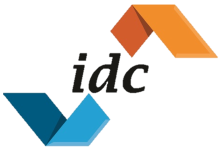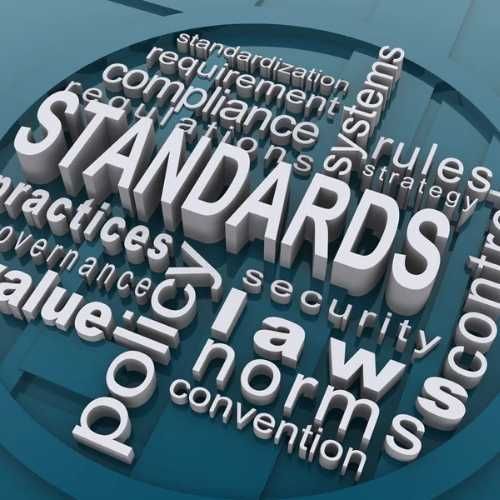Standard of Practice
CDP® and CDE® Designees, Board Members, and IDC staff believe that public enlightenment is the forerunner to Equity and the foundation of inclusive excellence. Accordingly, conscientious champions from all workplaces and specialties must strive to serve the public with thoroughness and honesty. Integrity must serve as the cornerstone of the Diversity leader’s credibility. Designees should share a dedication to ethical behavior and adopt this code to declare the Institute’s principles and standards of practice.
The IDC Standard of Practice is voluntarily embraced by thousands of Diversity leaders around the world, regardless of title, industry, or platform, and is widely used in workplaces and cultures as a guide for ethical behavior. The code is intended not as a set of "rules" but as a resource for ethical decision-making and as a standard for professional work in this field. The code consists of these essential practices:
Minimize Harm
Ethical Diversity professionals treat each other and employees/patients/students/citizens/clients as human beings deserving of respect. Diversity professionals should seek to “do no harm”, including but not limited to:
- Showing compassion for those who may be different from you; using special sensitivity when dealing with children, inexperienced sources, or complex issues.
- Being empathetic when presenting, interviewing, or photographing those affected by tragedy, trauma, or grief.
- Recognizing that gathering and presenting information may cause discomfort or denial. The pursuit of the truth and/or solutions is not a license for arrogance.
- Accepting that private people have a greater right to control information about themselves than do public officials and others who seek power, influence, or attention. Only an overriding public need can justify intrusion into someone’s privacy.
Act Independently
Diversity Professionals should be free from any conflicts of interest. Diversity Professionals should:
- Avoid conflicts of interest, real or perceived.
- Remain free from associations and activities that may compromise integrity or damage credibility.
- Refuse gifts, favors, fees, free travel and special treatment, as well as shun serving as a consultant, at organizations who compromise Diversity integrity or want you to endorse inequitable treatment.
- Disclose unavoidable conflicts.
- Be watchful and courageous about holding those with power accountable.
- Deny favored treatment to, and resist pressure from, employers, clients, sponsors, advertisers, investors, and others who seek to use your influence to contradict or otherwise invalidate Diversity, Equity, and Inclusion
- Be wary of sources offering information for favors or money.
Be Accountable
Diversity professionals are accountable to their clients, colleagues, employers, employees, and each other. Diversity professionals should:
- Clarify and explain conflicts of interest, and invite dialogue from the public regarding professional conduct.
- Encourage the public to voice grievances against the diversity profession.
- Admit mistakes and correct them promptly.
- Expose unethical practices of diversity professionals and other colleagues.
- Abide by the same high standards to which we hold others.
Ready to Reshape Your Organization?
We’re Here to Help!
Not sure where to start?
Need solutions customized to your unique needs?
Have other questions?


Share On: